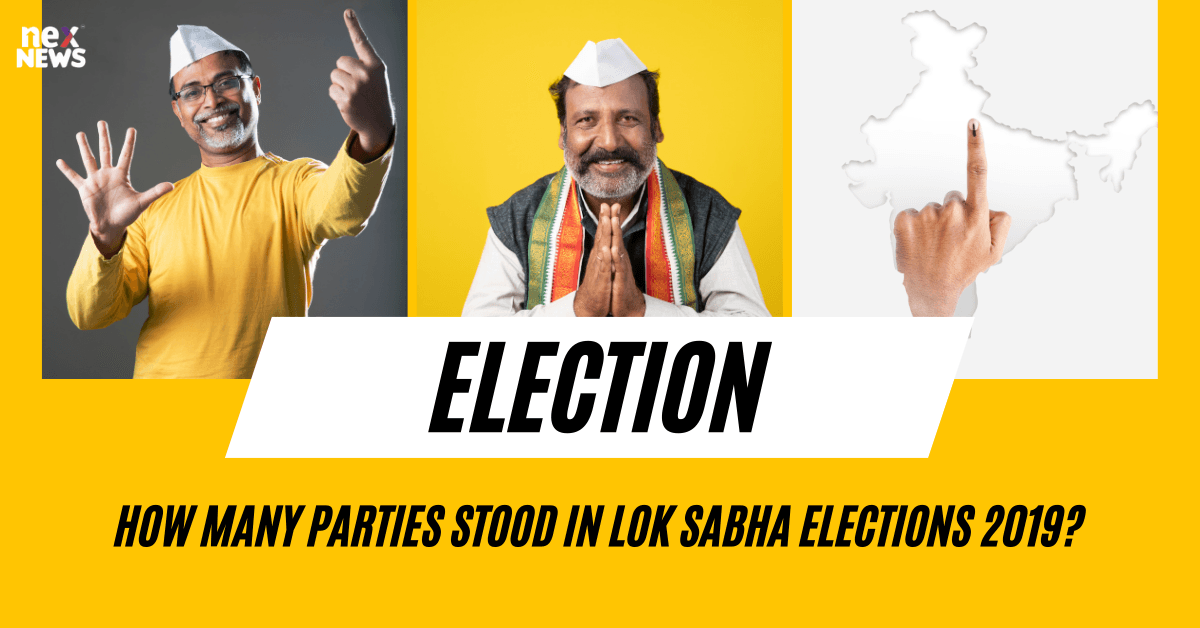Bharatiya Janata Party (BJP)
The Bharatiya Janata Party (BJP) is a prominent political party in India, known for its nationalist ideology and strong stance on issues such as national security and development. With roots in the Rashtriya Swayamsevak Sangh (RSS), a Hindu nationalist volunteer organization, the BJP has grown to become one of the largest political parties in the country.
Under the leadership of Prime Minister Narendra Modi, the BJP has implemented various policies aimed at promoting economic growth and infrastructure development. The party's emphasis on cultural nationalism and Hindutva ideology has sparked both support and controversy among the Indian populace.
Indian National Congress (INC)
The Indian National Congress, one of the oldest political parties in India, has played a significant role in shaping the country's history. With a legacy dating back to the freedom struggle against British colonial rule, the party has been instrumental in leading the nation towards independence. Over the years, the INC has evolved to address the changing needs of the Indian populace, incorporating a diverse range of ideologies and perspectives within its fold.
Despite facing challenges and setbacks in recent years, the INC continues to be a prominent player in Indian politics. The party's commitment to secularism, social justice, and pluralism resonates with a wide cross-section of society. As it navigates the complexities of modern politics, the INC remains a key force in advocating for the rights and welfare of the Indian people.
Bahujan Samaj Party (BSP)
The Bahujan Samaj Party (BSP) was founded by Kanshi Ram in 1984 with the aim of representing the interests of the Bahujan Samaj, which includes Scheduled Castes, Scheduled Tribes, Other Backward Classes, and religious minorities. The party advocates for social justice, equality, and empowerment of marginalized communities in Indian society. With its symbol of an elephant, the BSP has a significant presence in the state of Uttar Pradesh and has also contested elections in other states across India.
Known for its focus on Dalit politics and social reform, the BSP has been a key player in Indian politics, particularly in the northern state of Uttar Pradesh. The party has at times formed governments in the state and has also influenced national politics through alliances and coalition formations. As a prominent voice for marginalized communities, the BSP's political agenda centers on challenging caste-based discrimination and advocating for the rights and welfare of the lower strata of society.
Aam Aadmi Party (AAP)
Aam Aadmi Party (AAP) burst onto the Indian political scene in 2012 with a promise to provide a fresh and corruption-free alternative. Led by Arvind Kejriwal, the party received widespread support from the common people who were disillusioned with the traditional political parties.
AAP's focus on issues such as education, healthcare, and governance struck a chord with the urban middle class and younger voters. The party's emphasis on transparency and accountability in government operations resonated with many Indians who were tired of systemic corruption and inefficiency.
Trinamool Congress (TMC)
Trinamool Congress (TMC) is a prominent political party in India, primarily active in the state of West Bengal. Established in 1998 by Mamata Banerjee, TMC has grown to become a significant player in the Indian political arena. Known for its progressive ideologies and emphasis on regional interests, TMC has garnered support among a diverse section of society.
The party has been successful in several state elections, showcasing its popularity and influence on the state’s political landscape. With a focus on social welfare policies and inclusive development strategies, TMC has managed to connect with the grassroots level, making it a formidable force in West Bengal politics.


POST A COMMENT (0)
All Comments (0)
Replies (0)